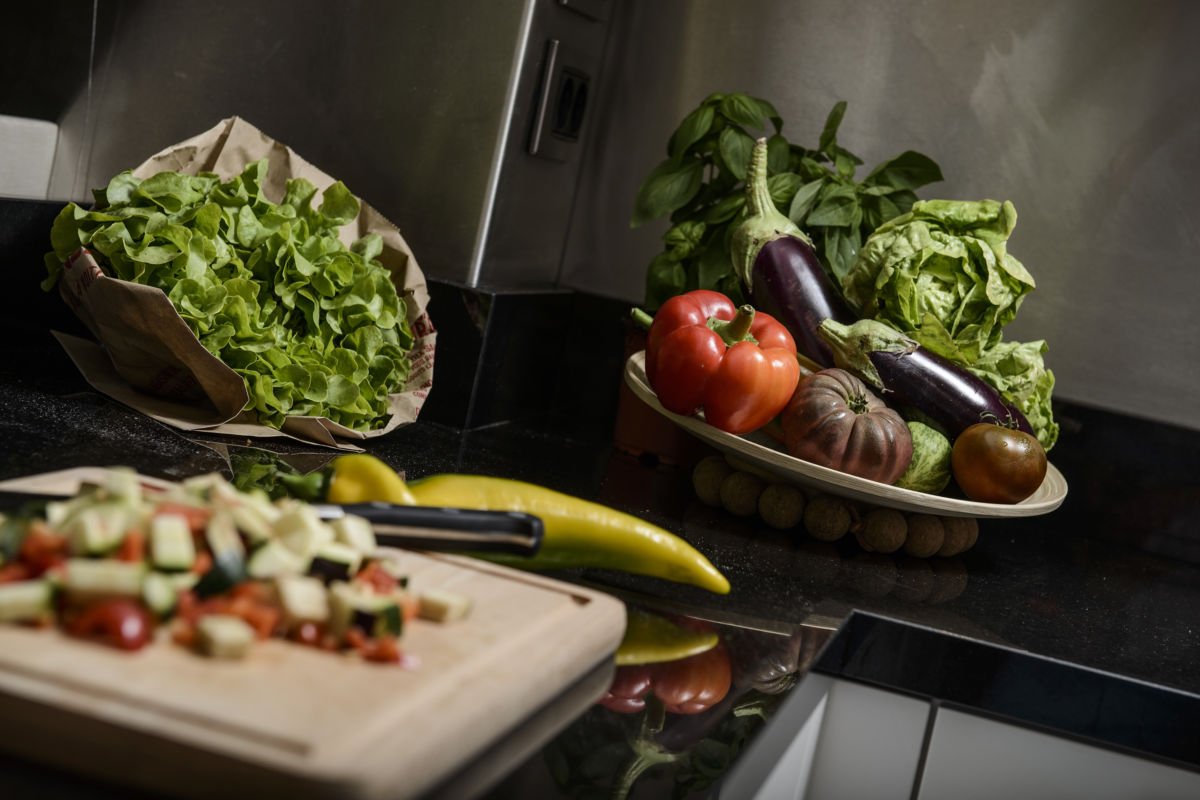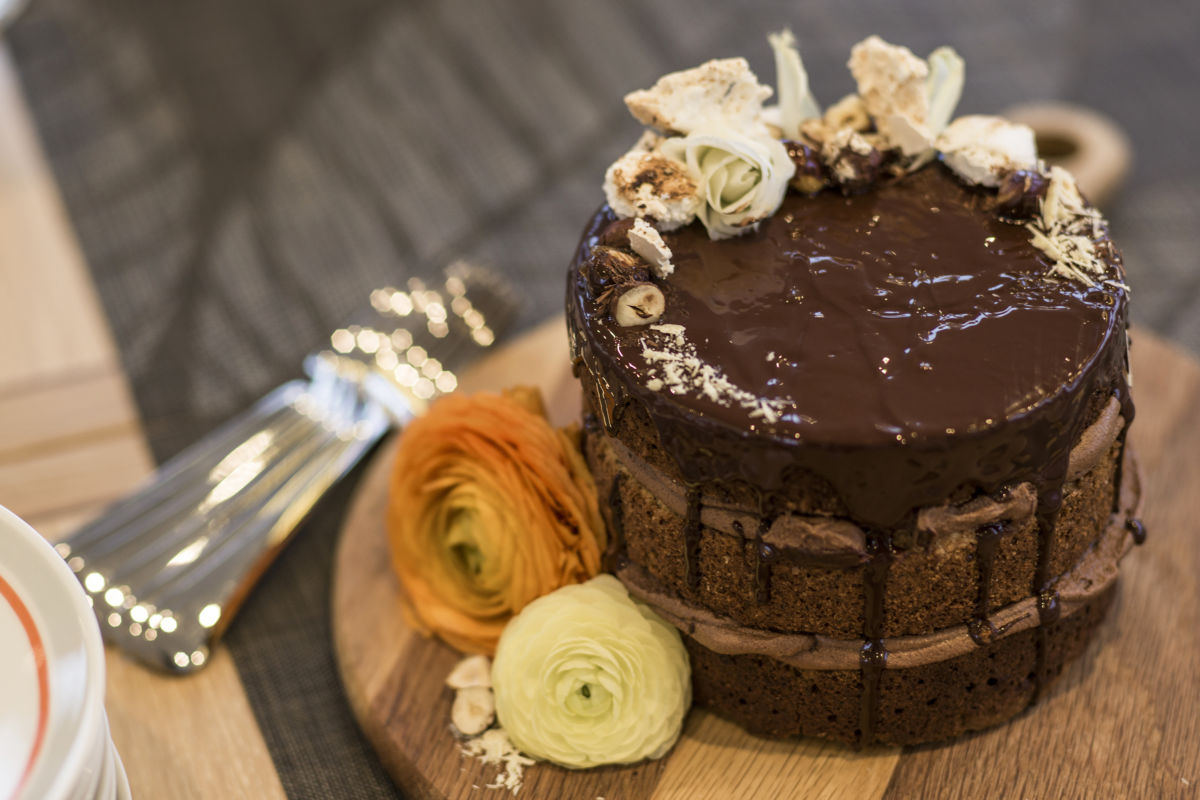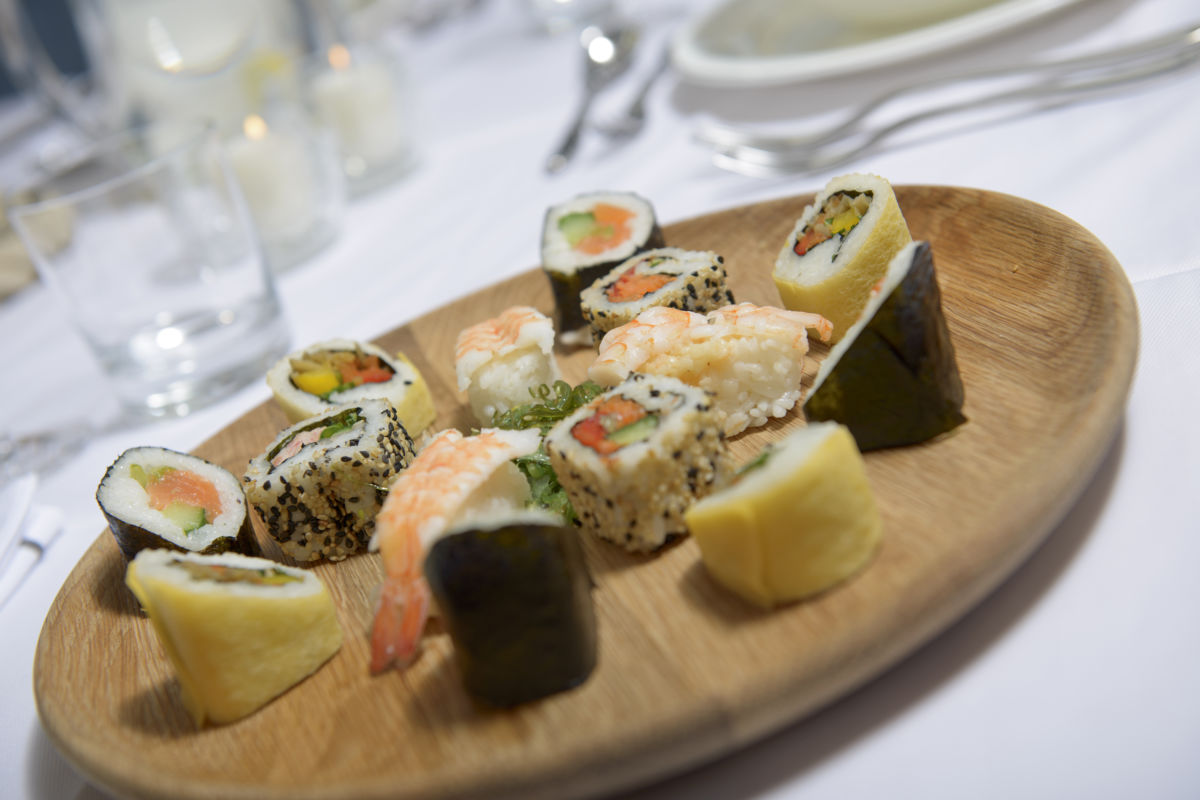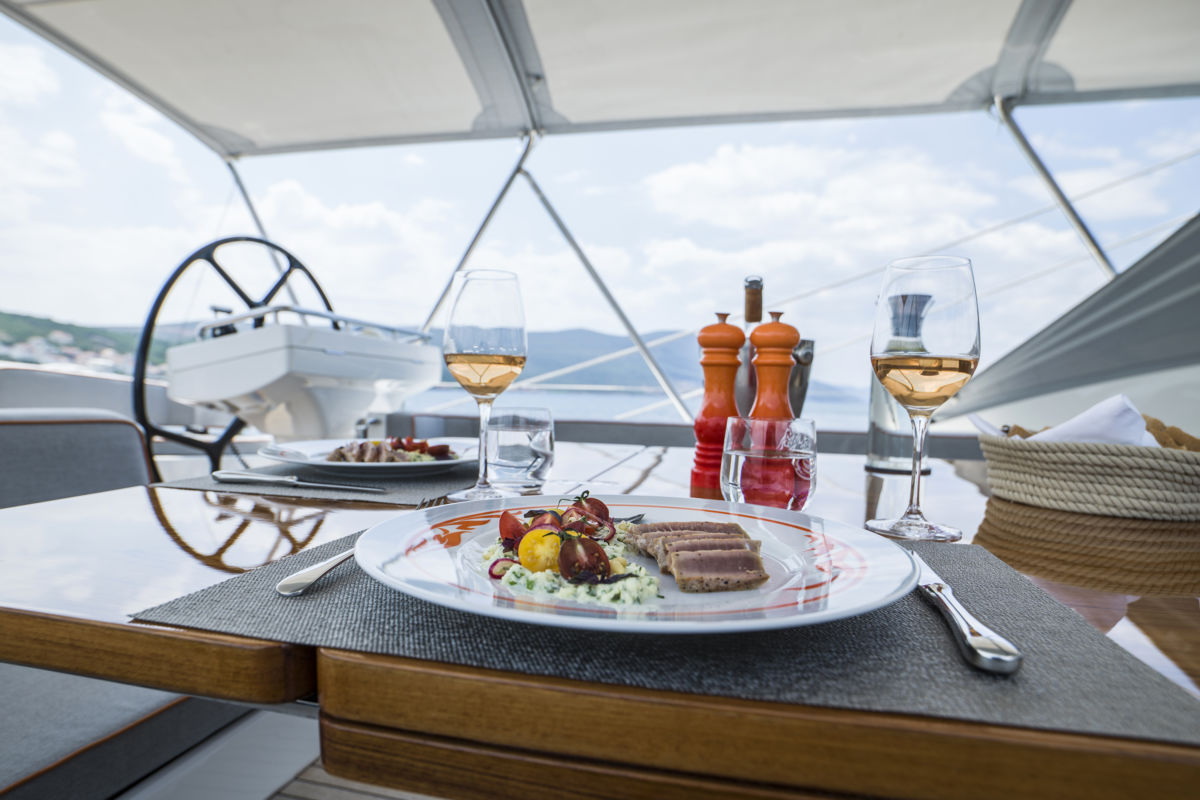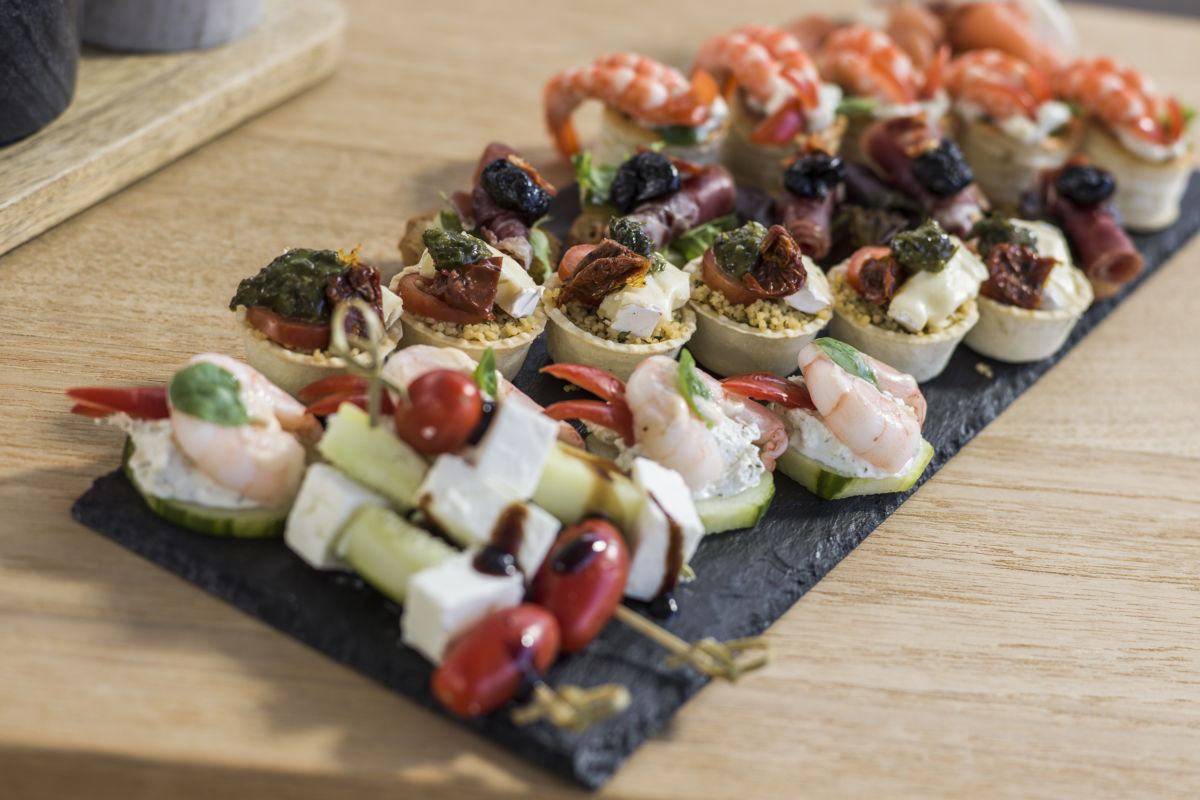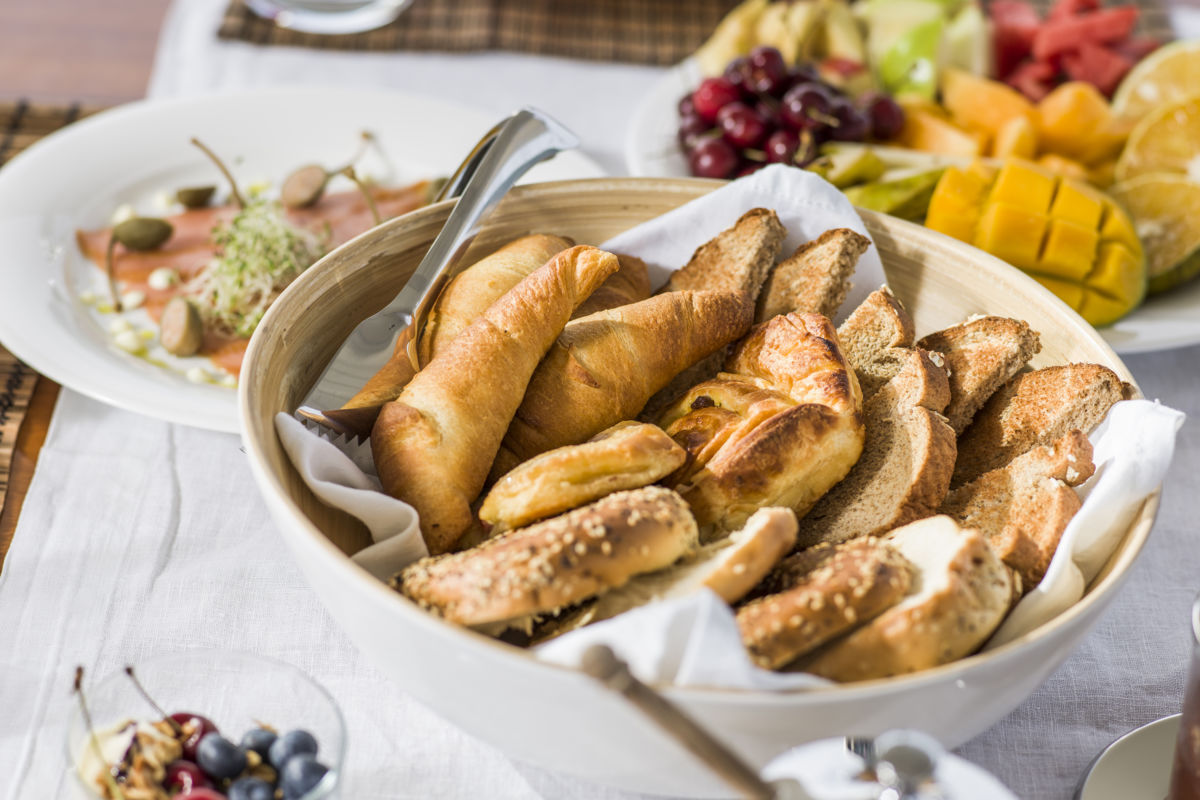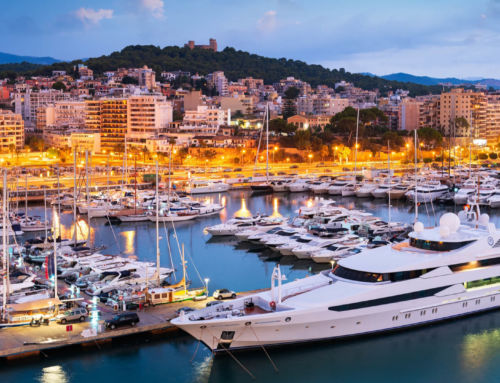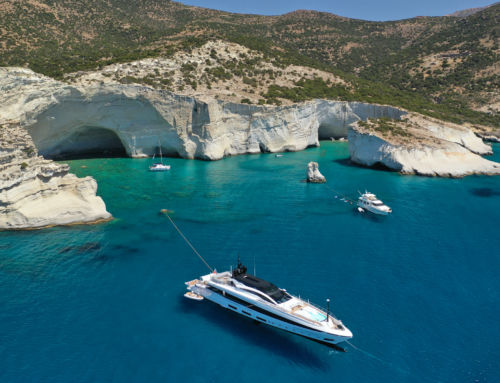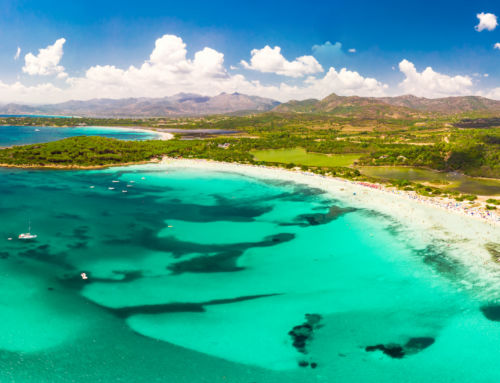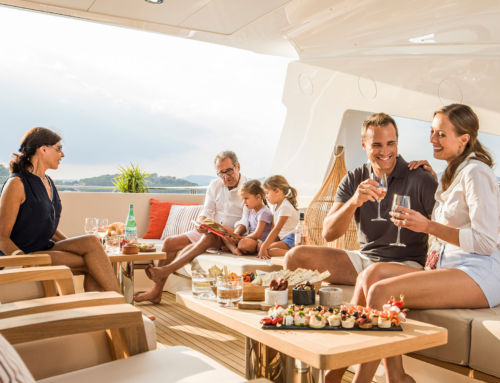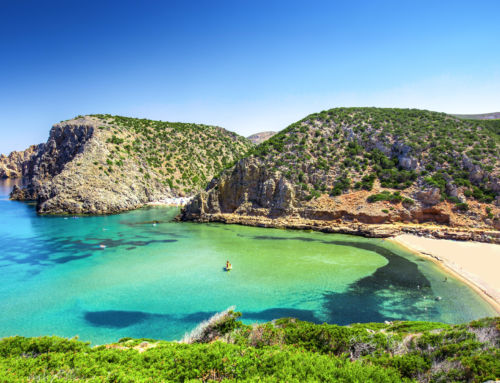Ever wondered what it’s like to be a chef on a charter yacht?
We speak to former chef Sarah from S/Y FIREBIRD, a yacht under our management, on what goes on below deck and some tips for fellow chefs…
Tips and tricks for making fresh food last?
There are lots of things that would seem obvious when it comes to making fresh food last longer, as we all do them subconsciously at home such as keeping bananas away from things as they induce ripening and buying underripe fruit. There are however a few others I’ve picked up along the way that are a little more obscure.
For example, herbs last longer if they are washed, wrapped up in kitchen roll and put in the fridge in sealed Tupperware. Another important tip is putting anything cold straight into the fridge – I know this is pretty self-explanatory however people often forget things like, fruit, vegetables and eggs. The rule is usually if you buy things at room temperature then they need keeping at room temperature, and the same goes for cold products to make them last longer. The combination of very limited space coupled with trying to make everything last for as long as possible can be quite a juggling act but you just have to be a bit savvy and use food and space as efficiently as you can!
Food shopping abroad?
Having a ‘go-to’ translator app is very handy when you are trying to negotiate with locals about the best place to shop and find specific food – chances are you won’t know what ‘tarragon’ is in six different languages. Also, be sure to ask what time the fishing boats arrive back and that you catch them before they head off to the morning market.
Ask what time and day the local supermarkets get stocked to ensure you get the best and freshest produce (especially in places like the Caribbean). French islands in the Caribbean usually have the best meat and produce so stock up as much as you can whilst there…. when you find a good meat supplier – fill the freezer!
It would be lovely to have the luxury of buying only local and in-season food but it’s not always possible due to guest dietary requirements. For all the things you can’t get from Caviar to Madagascan vanilla custard, you can get from Yacht charter agencies that offer provisioning services that deliver straight to the yacht – phew! Of course, different foods can be trickier to get in different countries – Sicilian lemons weren’t so easy to come by when we were chartering in Arctic Norway! So, it’s always the safest bet to get as organised as possible and do some research before setting off!
Best boat food for guest delivery?
On a charter, you generally don’t do more than a day or overnight hopping from island to island at a time. What you prepare for food is very dependent on the sea state and the expectations of the guests. Guests are generally very understanding and don’t expect a fully laid table with the finest crystal when it’s rough and there is potential for broken wine glasses. It’s very easy to jazz up pasta, stews, curry’s and chillies – they’re not called one pot wonders for nothing! Also, always have the fishing lines out!
What are your ‘go-to’ easy but fancy foods?
The key is fresh ingredients. Fresher the better. Don’t over complicate things and focus on the flavours and freshness be the focus of the meal. It’s very beneficial to take advantage of time at every given opportunity. It’s easier to prepare a lavish meal for guests on the first night onboard well in advance, which allows me to spend more time on it and making a good first impression on day one when during the time there may be the odd night where you can’t make it extra special.
How do you best provision?
It is quite handy to use delivery options when possible. Try and stagger thought the day, so it doesn’t all turn up at one time. Always inform the crew when things are turning up, so there’s someone to help you to make it a quick process.
Stock the boat with your meal plans in mind and put the things you are going to use first, at the top. Get rid of all packaging were possible to save on space and waste when underway and finally read and re-read the preference forms to check for dietary requirements, dislikes and allergies before buying all the food.
How to do go about waste management?
This can be a stinky business. Food waste can generally be disposed of in the sea however everything else needs to be as clean of food as possible as is then typically stored in a locker on deck which you need to keep an eye on as can sometimes get smelly in the heat of the Mediterranean sun. If you’re lucky some boats have compressors which help. It’s always good practice to separate your recycling but unfortunately, more often than not, when you get to the ports; there are only general waste bins.
Your least favourite thing to make onboard?
Napoleon cake. It is a multi-layered cake that is extremely time-consuming! Or Pastries in tropical countries- they do not mix well in the heat.
When do you get your downtime during a charter?
Downtime? What’s that? Charters are fun but extremely busy with certainly no time for sitting around. Time management and communication with the crew about plans and activities for the day/week is crucial for organisation which results in a less stressful day and maybe an additional 5 mins here and there – doesn’t always work that like though.
Aside from rustling up crew meals, I get a bit more downtime when the guests go ashore for a meal.
What are the nicest things guests can do to help you out?
Go onshore for one of the meals, don’t pre-stack any dishes as the Stu usually has a strict process and if the dishes are bought to the galley too soon it can be total chaos down there! Last but not least, fill out the preference sheet in as much detail as possible which not only allows for me to be as prepared as possible but to also make sure guests are eating all their favourite things!
Day in the life
0600 Get up and get the dough prepped for bread and any other prep needed for that day’s desserts.
0700 Prepare breakfast. This varies but usually includes fruit platters, cheese and ham platters, pastries, bread, smoothies etc.
0800 – 0900 Serve breakfast – eggs cooked to order.
1030 galley clean up and everything stowed – time for a quick shower.
1100 Lunch prep
1230 serve lunch
1300 finished clear up, galley stowed.
1530 30mins to have a cup of tea and go over meal plan for dinner
1600 start dinner and canapés prep
1700 crew dinner made for when they have time to eat it
1730 serve canapés. Finish dinner prep, three courses.
2000 serve dinner
0000 finished and cleared away. Check meal plans for the following day and get food out of the freezers ready.
0020 Another cup of tea or sharpener depending how the day has gone – then fall into bed!


